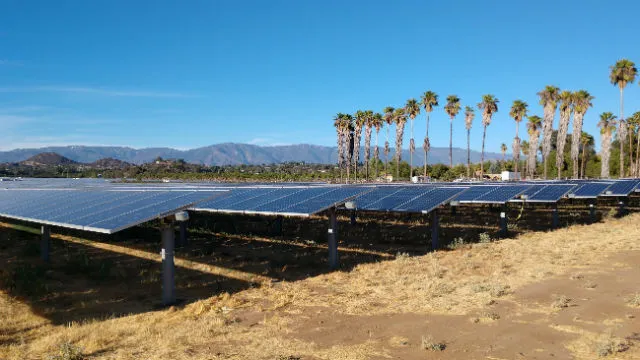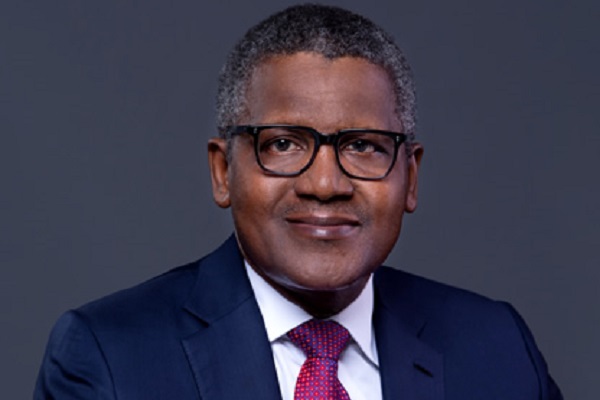By Chris Jennewein,Scott Anders and Darbi Berry
Copyright timesofsandiego

Most of us don’t really think about electricity very much. We flip the switch to turn on our lights, click the remote to watch TV, and push the necessary buttons to make our dishwashers and washing machines start their cycles.
We rarely stop to realize that the electrical system is a modern engineering marvel. It delivers energy 24 hours a day, 7 days a week, 365 days a year with very little interruption — at least in most of the San Diego region. If we did stop to think about it, we would be amazed.
Electricity is also central to California’s strategy to reduce greenhouse gas emissions statewide. First, we need to achieve a supply of carbon-free electricity by expanding solar and wind while maintaining remaining nuclear and large hydroelectric power plants. At the same time, we need to electrify appliances, equipment, and vehicles that have traditionally been run on fossil fuels. This includes replacing natural gas water heaters and furnaces with electric heat pump versions and gasoline-powered cars and trucks with electric models.
This may sound easy but in practice it can be challenging and likely will require trade-offs. And, our local community officials are often tasked with making these big energy-related decisions in our community — digesting this complex information in real-time while trying to make the best choice for their constituents.
This is why, in partnership with a suite of regional partners, including our foundational partners San Diego Gas & Electric and San Diego Community Power, we worked to develop and launch the San Diego Regional Energy Academy in Spring 2024. The goal of the Energy Academy is to raise the “energy IQ” of our region’s diverse community leaders.
As cities implement their climate action plans and consider policies related to electricity, elected officials serve on boards of community choice aggregation programs, residents serve on advisory boards of those CCAs and other similar organizations, and organizations that traditionally don’t engage in energy find themselves doing so, an understanding of the energy systems in our region and California becomes more important than ever.
In addition, we have seen debates about safety at battery storage facilities, high electricity prices, and federal policies create headwinds for California’s climate policies, including expanding electric vehicles. And what can seem like straightforward issues belie the complexity of the energy industry.
But understanding where our electricity comes from, how it is delivered to our homes and businesses, the web of agencies that regulate electricity, and what it will take to reach our climate goals can be daunting. As with many things, nuance matters — especially when energy issues can have direct impacts on our communities.
The Energy Academy is designed to enable participants to understand the complexities and some of the nuances of the electricity system and challenges facing our region as we seek to decarbonize the energy supply at the same time we face impacts from climate change. Additionally, an important goal of the program is to build community among our Energy Academy graduates. We work hard to ensure each cohort has a well-rounded representation of people working in diverse sectors. Our program has been completed by individuals with a variety of backgrounds from elected officials to nonprofit housing policy officials to lawyers at state agencies focused on energy.
We hope graduates come away not only with a better understanding and appreciation for where their power comes from and an expanded network of colleagues — but, most importantly, the ability to make more informed, empowered decisions on energy policies which ultimately impacts all of us.
As we continue to gain momentum, additional partners have come to the table to support this needed program including Clean Energy Alliance. The third cohort of the Energy Academy will begin this month.
Scott Anders is the director of the Energy Policy Initiatives Center at the University of San Diego School of Law. Darbi Berry is the director of climate and environmental programs at the San Diego Regional Climate Collaborative at the University of San Diego.



